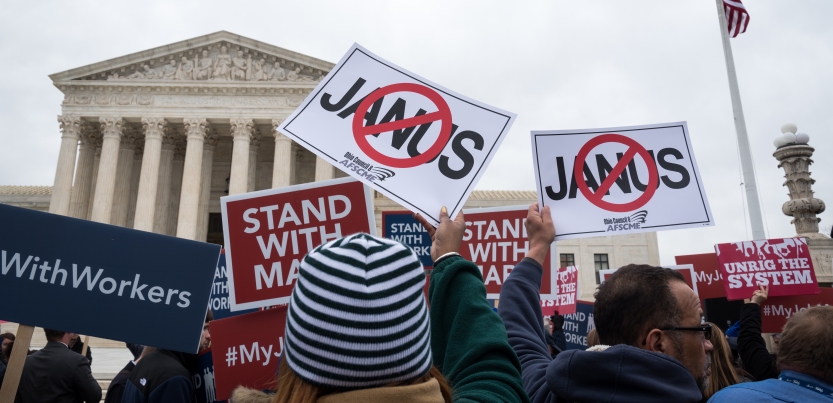ECOT used for-profit companies to hide source of attack-ad money, Yost says:
ECOT used for-profit companies to hide source of attack-ad money, Yost says
Using private companies owned by Electronic Classroom of Tomorrow school founder Bill Lager, plus a media-production company run by his daughter, ECOT tried to hide the source of payment for nearly $250,000 worth of TV attack ads aimed at the Ohio Department of Education.
That is the conclusion reached by the office of state Auditor Dave Yost, who, in a draft finding for recovery obtained by The Dispatch, lays out details of a plan designed to avoid the appearance that ECOT illegally used taxpayer money to pay for political ads.
As a result, Yost is ordering a pair of Lager’s ECOT-affiliated for-profit companies, Altair Learning Management and IQ Innovations, along with Third Wave Communications, where Lager’s daughter Jessica Harris is an owner, to repay ECOT a total of nearly $250,000 for illegally spent public money.
ECOT, formerly the state’s largest charter school, was closed in January. The recovered money would go into a fund that is under the control of an interim master who was appointed by a Franklin County judge; the fund is to be used to continue paying the school’s obligations. The companies can formally respond to the finding this week.
ECOT and the Department of Education engaged in warfare in the courts and a public relations campaign last year after the department found that the online school was unable to verify about 60 percent of its reported enrollment, based largely on the duration of computer log-ins showing that students didn’t meet state-minimum hours of instruction. The state ordered ECOT to repay the state $60 million.
As part of its strategy, ECOT took to the airwaves, launching a string of television ads attacking the Department of Education, urging it to keep ECOT open and accusing it of wanting to end school choice and not caring about ECOT students. Lager is a major contributor to Republican campaigns.
Although charter schools can legally run ads in an effort to recruit students, no public school — charter or traditional — is allowed to spend taxpayer money on political-type ads, including levy campaigns.
On June 13, according to the auditor’s report, Midwest Communications & Media sent ECOT an invoice in the amount of $249,962 related to the placement of the political ads.
Two weeks later, when contacted by The Dispatch, then-ECOT spokesman Neil Clark confirmed that the ads were paid for with public money. He argued that the school had a right to use those funds for “any activity that they believe can lead to making ODE change its current position or affect the General Assembly to try to change ODE.”
The same day that story appeared in the paper, Yost sent ECOT a letter demanding that the school cease using taxpayer money on such ads.
Four days after the story and letter, according to the report, Melissa Vasil, director of operations for Altair, the school’s for-profit management company, sent an email to Amy Davis, marketing coordinator with IQ Innovations, the school’s software provider. Again, Lager owns both companies.
Vasil told Davis to have Third Wave Communications — a company that shares a street address and family ties with IQ — pay the $249,962 invoice. That same day, bank records show that Third Wave made the payment, which, Yost’s office noted, was a departure from the payment practice in the first half of 2017.
“Third Wave Communications had no apparent reason to pay a large sum of money for this and only these advertisements,” the report said, noting that prior Midwest invoices were sent to ECOT for payment.
Since June 2016, ECOT had been paying Third Wave $45,000 per month, plus $4,950 per additional video, as detailed by the contract. Those consulting payments made up a significant portion of Third Wave’s available cash to pay Midwest Communications, and there is no evidence that a third party ever reimbursed Third Wave for the payment, the report said.
“The only reasonable understanding of this process is that it was designed to disguise the use of public money to pay for the non-public purpose of the lobbying ad,” the report said.
Yost is expected to release a new financial audit of ECOT soon.
ECOT used for-profit companies to hide source of attack-ad money, Yost says:








